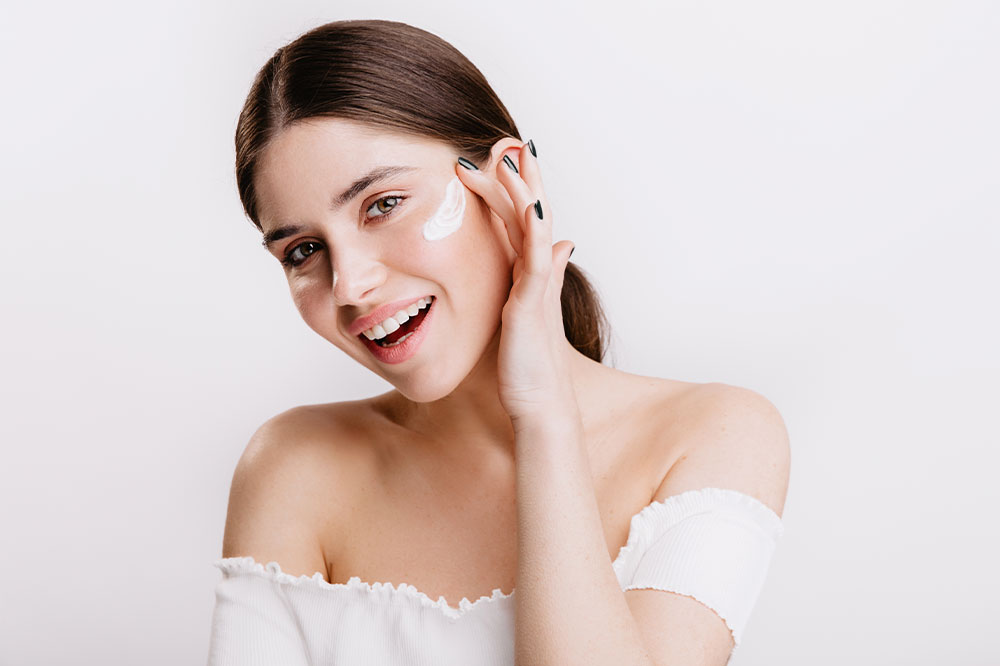
Avoid these 5 skincare mistakes that can cause premature aging
A skincare routine is vital for keeping the skin healthy and young for a long time. This also helps you avoid skin diseases and other problems. Skin problems brought on by neglecting the skin are wrinkles and dullness, which are common signs of aging. While aging is inevitable, premature aging can be prevented with a proper skincare regimen and by avoiding common mistakes. So, here are some lapses that could be responsible for premature aging:
- Skipping sunscreen
Applying sunscreen on freshly cleaned and moisturized skin every day is one of the crucial steps in a good skincare routine. Some people ignore this step which can have adverse effects on the skin and cause skin diseases. Sunscreen protects the skin from toxic rays of the sun and other harmful agents in the environment. Several studies have proven that about 70% of premature aging symptoms are brought on by sun exposure, making it essential to protect the skin. - Forgetting the neck
This is probably one of the most common mistakes that people tend to make while following their skincare regime. They tend to apply all the products only to their face and forget all about the neck. The neck is as visible as the entire face, and the skin there is delicate and needs care too. If the skincare products are not used on the neck, the skin there can develop wrinkles, fine lines, and sagging, making your skin look older than it is. So, it is important to include the neck in all the skincare steps you follow. - Not getting adequate nutrition
Skin reflects what you eat, and supple and radiant skin is an outcome of healthy meals consumed at the right time. Apart from an effective skincare regime, it is important to make better food choices and adopt healthy eating habits to meet daily nutritional requirements. Improper eating habits such as consuming lots of sugar or unhealthy fats can cause premature aging and cause skin-related issues. You should also opt for overnight deep moisturizing to ensure your skin gets the hydration it needs. - Not getting enough sleep
An ample amount of sleep is crucial for your body and your skin. The concept of beauty sleep is real and effective, so you should ensure you get adequate sleep at night. An irregular sleeping pattern is reflected on the skin and can speed up the process of aging by making the skin look dull and tired. Sleep helps in ways more than one as it helps the body recover and repair itself naturally. When this process is interrupted, the skin appears to sag. - Excessive exfoliation
One of the important steps in a skincare routine is exfoliating at regular intervals. The process of exfoliation helps in getting rid of dead skin cells that accumulate in the pores and lead to skin issues such as acne and blackheads. However, going overboard with exfoliating agents can have adverse effects on the skin and can sometimes lead to some skin diseases or infections. Excessive exfoliation can irritate the skin and also lead to premature aging. Over time, one may be able to see visible signs of aging, like wrinkles and redness on the face. The number of times you should exfoliate depends on their skin type and needs. However, it is recommended to exfoliate not more than once or twice a week.
A good skincare routine offers lots of benefits for the skin but only when done in the right way. The mistakes mentioned above are quite common and can cause skin diseases. The skin is delicate, and with proper care and attention, it can look and feel youthful and healthy.


